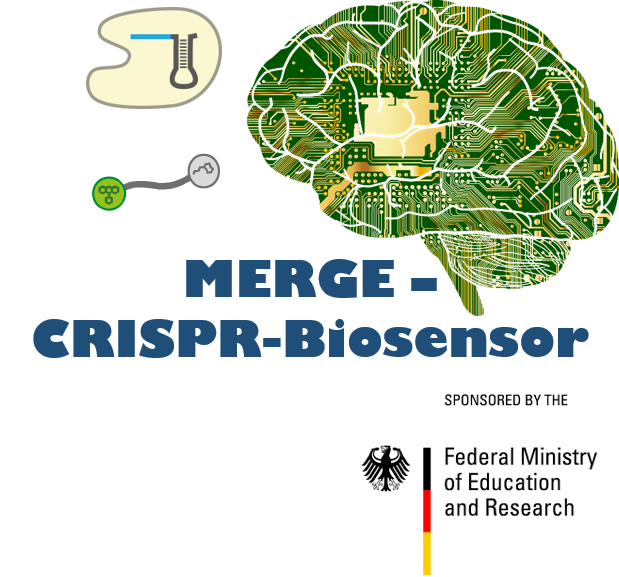Cancer Cell Nucleic Acid sheddome

Human cells release genetic and cellular information on the microenvironment and macro environment. It is generally accepted that malformation of cells causes alterations of those release. The research field of tumor liquid biopsy studies these processes and develops technologies to detect, quantify and characterize those “cancer traits” in patient fluids.
RNA is potent carrier of genetic information needed for early regulation of cellular functions modulation of signaling cascades. Yet, it is inconclusive if molecular subtype- specific RNA release (shedding) of tumor cells exists, which would reproducibly enable a minimal invasive procedure for molecular cancer diagnostic. In our work we aim to characterize the micro RNA sheddome of stem cells of certain cancers in a molecular subtype-specific manner. We focus our tumor stratification on consensus molecular classification based on DNA-mutation profiles. We also discriminate whether the tumor cells are exposed to certain clinical approved chemotherapies and radiation treatment.
We believe that the identification of tumor stem cell RNA sheddome signatures in patient blood will allow the earlier detection of tumor and recurrence and may have the democratize tumor therapy surveillance (exclusion of false positive diagnostics with current clinical applied imaging diagnostics such as known as pseudoprogression i.e.). This will unequivocally lead to better surgical care of the tumor patients, as operations may be scheduled earlier as compared to patients under conventional disease follow-up, leading to earlier eradication of the disease. Blood diagnostics utilize CRISPR/Cas RNA detection, allowing high sensitive, amplification-free, multiplex detection and quantification of target sequences. RNA-chips are developed by Dr. Can Dincer and his group at the Department of Microsystems Engineering (IMTEK), Engineering Faculty of the Albert-Ludwigs-University Freiburg i. Br., Germany.